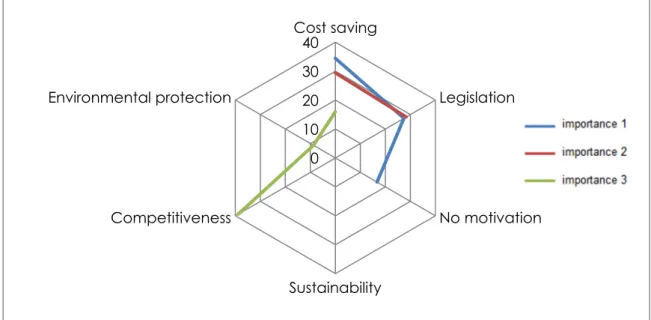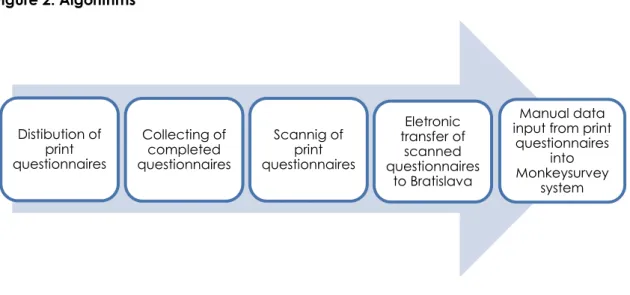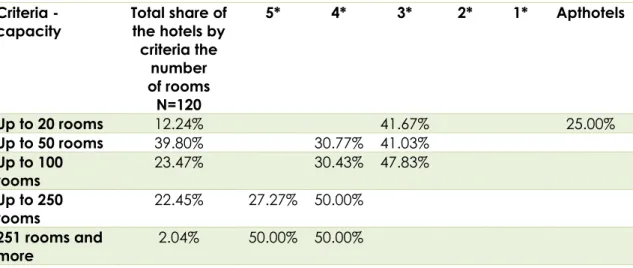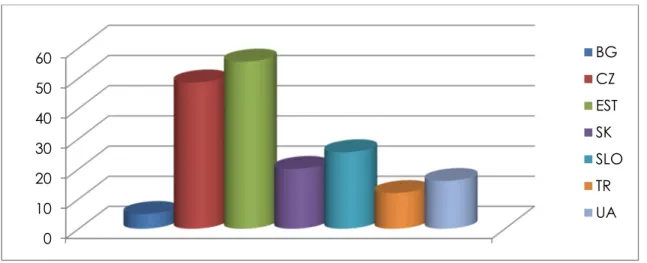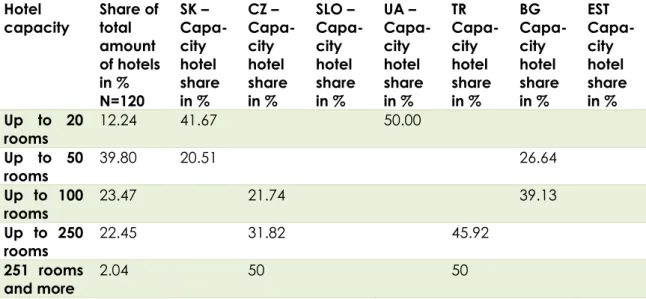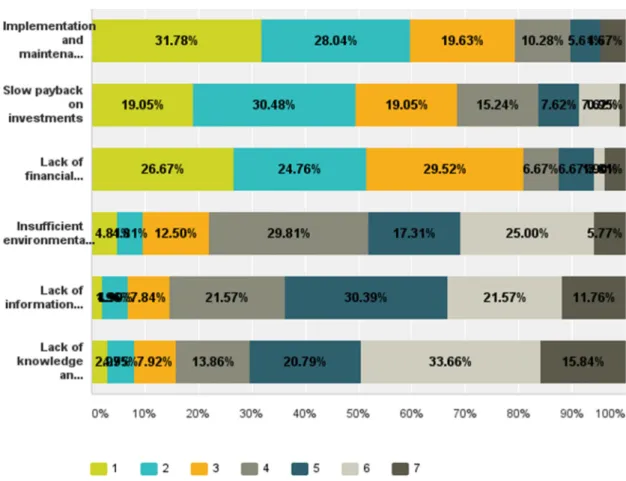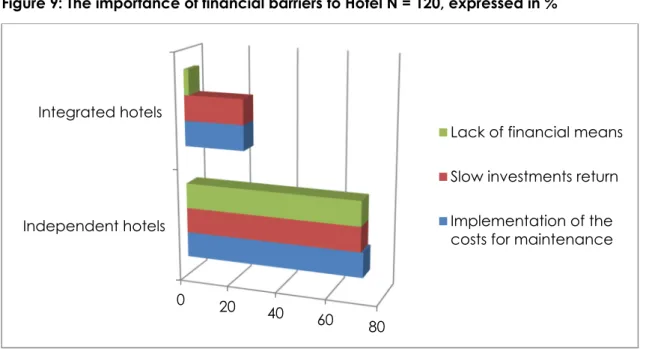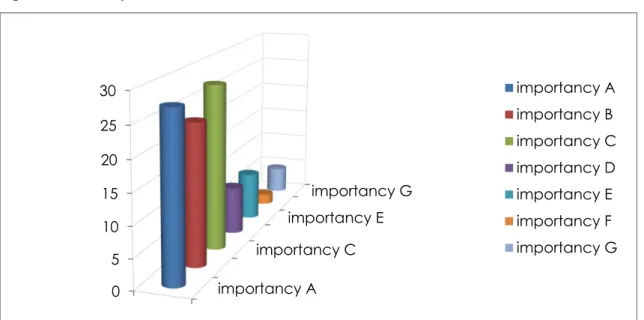Environmental management in hotels is the basic scope of the content of this submitted paper. The economic value of the elements of the tourism environment lies in the income that is ultimately generated from their exploitation. It entails requirements for transparency and human rights due diligence, reporting obligations and publication of companies' climate footprints.
Currently, renewable energy accounts for 8% of the total energy used in the EU, with targets set for this to rise to 20% by 2020. Europe has the world's largest hotel stock with approximately 5.45 million hotel rooms – almost half of the world's total, but only represents 21% of the world's total housing sector CO2 emissions. EU hotels are in a strong position to access renewable energy, as over a third of the world's renewable energy capacity is located in the EU.
Currently, renewable energy represents 8% of the total energy consumed in the European Union, and the goals were to increase this share to 20% by 2020. For hotels, this could mean reducing the amount of energy needed for heating by improving the insulation of the hotel building, introducing lighting controls, or regulating the heating and cooling of the rooms.
The project: Environmental management practices in hotels
The text of the questions in the questionnaire was partially modified based on the Validation Research Study in (2011) using a sample of 30 hotels in Austria, Hungary and Slovakia. In Estonia, the collection of questionnaires was incomplete or rather interrupted due to the illness of the responsible coordinator. In the process of a full evaluation, data from hotels in Croatia and Serbia were removed due to the lack of a representative sample of hotels and the questionnaires were not accurate enough.
Information about the specific name of the hotel confirms the credibility of the data collection as well as the correctness and reliability of the questionnaires. Data for the highest proportions of hotels in relation to the number of rooms in the countries studied reported that the highest capacity of the hotel rooms was in Turkey and the Czech Republic. In each of the countries studied, the proportion of hotels integrated into chains is significantly different.
The classification of the hotel within the chain is partly influenced by the category of the hotel and its type. In the countries surveyed, he said there were few hotels of the highest standard.
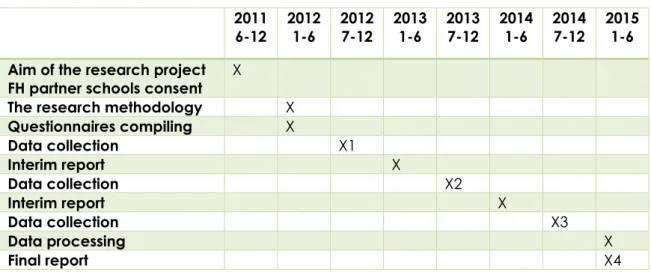
Implementation of environmental practices and barriers
This fact can be justified by the lower number of five-star hotels included in the investigated sample. The assumption that congress hotels and resort hotels are mainly involved in the chains was partially confirmed. It can be stated that the congress hotels and city hotels are the most integrated hotels in hotel chains.
29% of surveyed hotels noted financial resources as the most important barrier to environmental practices. This fact was also reflected in the assessment of the importance of specific financial barriers. On the 7-level scale, most hotels ranked this problem in the top three positions.
The main problem of the lack of financial resources is posed by urban hotels. The slow economic return on investment is considered the most important by spa hotels and garni hotels.
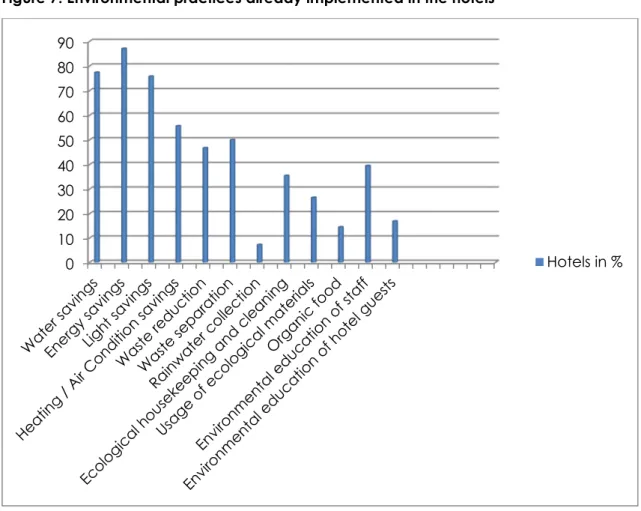
Initiatives and state supports for the hotels
The largest negative expressions of support from the state can be inferred from the responses of hotels in Ukraine and Bulgaria, where the share of dissatisfied hotels exceeds 20%, the situation was described as "neither initiative nor support". Considerable support is provided by hotels in Slovenia, Turkey and Bulgaria, but the number of their hotels is very small and represents only 3.3% of all surveyed hotels.

Environmental practices in the hotels as a result of legal regulations
More specific data on hotel standards applied by environmental practices in accordance with the legislation are given in the conversion of multiple correlations with respect to environmental criteria and hotel standards in relation to the proportion of hotels with environmental practices. The values of the correlation calculations confirmed the fact that is published in our survey of environmental practices. These data confirm the opinion that more attention is being paid to these criteria and legal arrangements in all surveyed countries.
Lower standard level and worrying independence towards legal regulations confirm statements about state (government) support of environmental practices. The hotels in Slovenia and Slovakia follow the Czech success in the field of environmental practices. They expressed that legislation is the third most valid reason for the environmental management and environmental practices (average weighted 5.08).
More than 60% of the hotels follow the legal regulation in the area of waste separation in all countries. More than 60% of the hotels provide the recycling process in the Czech Republic, Slovakia, Estonia and Turkey.
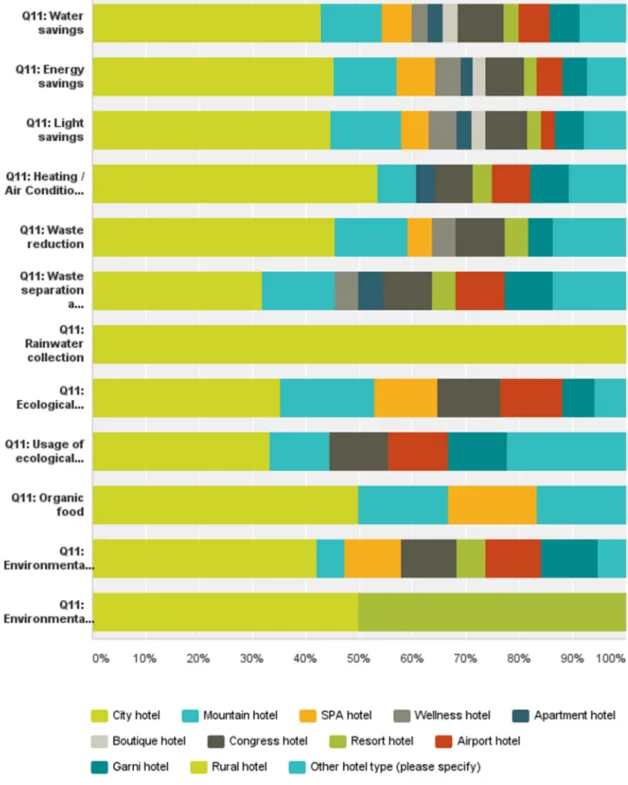
Motivation
Hotels in Bulgaria and the Czech Republic similarly emphasized the motive of cost-cutting and legislation. In the first line of interest there is the “high share” and the reason “no motivation” except Turkey and Slovenia. The proportion of hotels' motivation to have environmentally friendly practices is measurable in terms of hotels' relationships with certain criteria and reasons in each country.
On the basis of the research Environmental management practices at the hotels in seven countries, it is possible to state that all hotels in the investigated countries deal with environmental management and are aware of special practices. Significant differences in the fertility of applying environmental practices are within hotel classification in independent and integrated hotels. Integrated hotels perceive the problems in the same way as independent hotels, but financial opportunities to overcome barriers are significantly better in integrated hotels.
But these minimums are not accepted by the sufficient scale and hotel operations are in different countries surveyed. Over the next few years, more accommodation businesses will be required to obtain energy certificates, showing their energy performance and ultimately affecting the overall value of the business. Hardoy Jorge Enrique, Mitlin Diana, Satterhwhaite David: Environmental Problems in Third World Cities, Earthscan, 1992, ISBN.
Pezzey J., Concepts of sustainable development: an economic analysis, 1992, World Bank Environmental Paper, Issue 2, Washington DC, The World Bank. Pezzey J., Sustainability: An Interdisciplinary Guide, Environmental Values, 1, 1992, p. Khan M.A., Sustainable Development, Key Concepts, Implications and Issues, in: Sustainable Development 3, 1995, pp. 63-69. Dovers SR.,. A Framework for Scaling and Framing Policy Problems in Sustainability, in: Ecological Economics p. Shearman R., The Meaning and Ethics of Sustainability, in: Environmental Management p. Pearce D., The Measure of Sustainable Development, Earthscan, London, UK., 1993,.
Sustainability the Environment and Urbanisation, Earthscan Publications, London ISBN Hunter C., On the need to reconceptualize the Sustainable Development of Tourism, in: Journal of tourism development, 3/1995, p. Bartelmus P., Environment, Growth and Development, Sustainability Concepts and Strategies, 1994, Routledge, London UK, NY USA.,. Selman Paul, Local Sustainability, Managing and Planning Ecologically Sound Places, St. Fyall A., and Garrod B., Sustainable Tourism: Toward a Methodology for Implementing the Concept, in: M.J. Stable ed., Tourism and Sustainability, Principles tp Practice, 1997, N.Y. Turner K., Economics and Sustainable Environmental Management, Principles and Practice, Belhaven Press, 1994. The results from the questionnaires of the individual countries surveyed (the order is according to the date of receipt of the questionnaires):.
